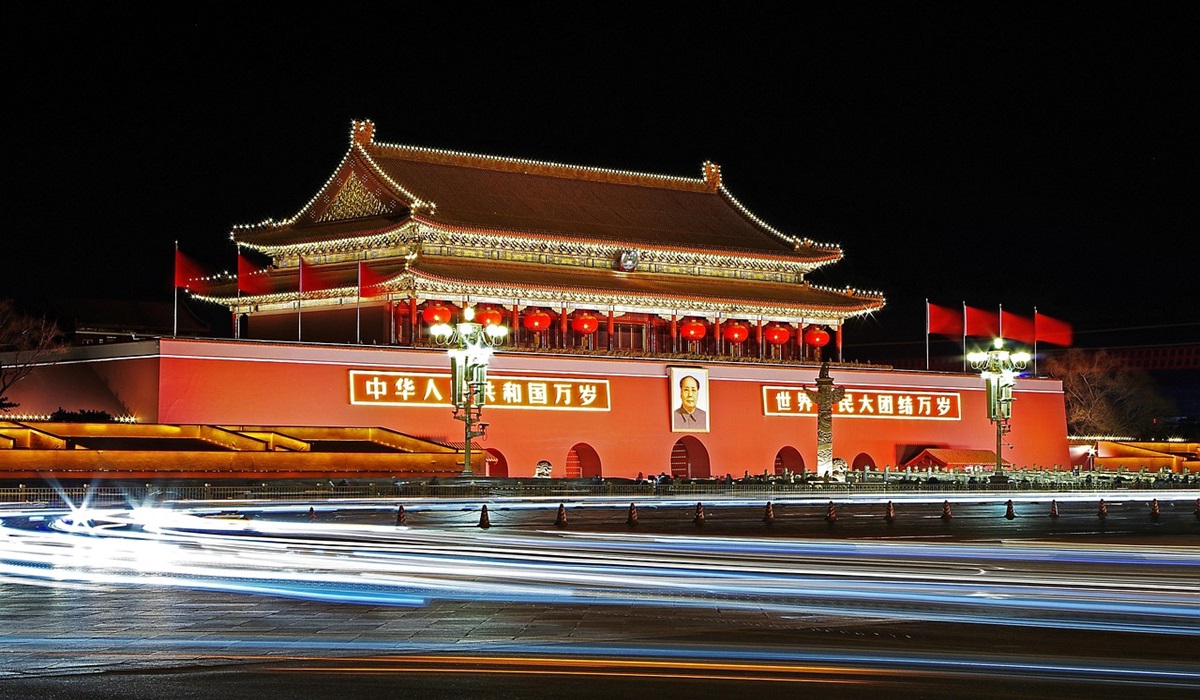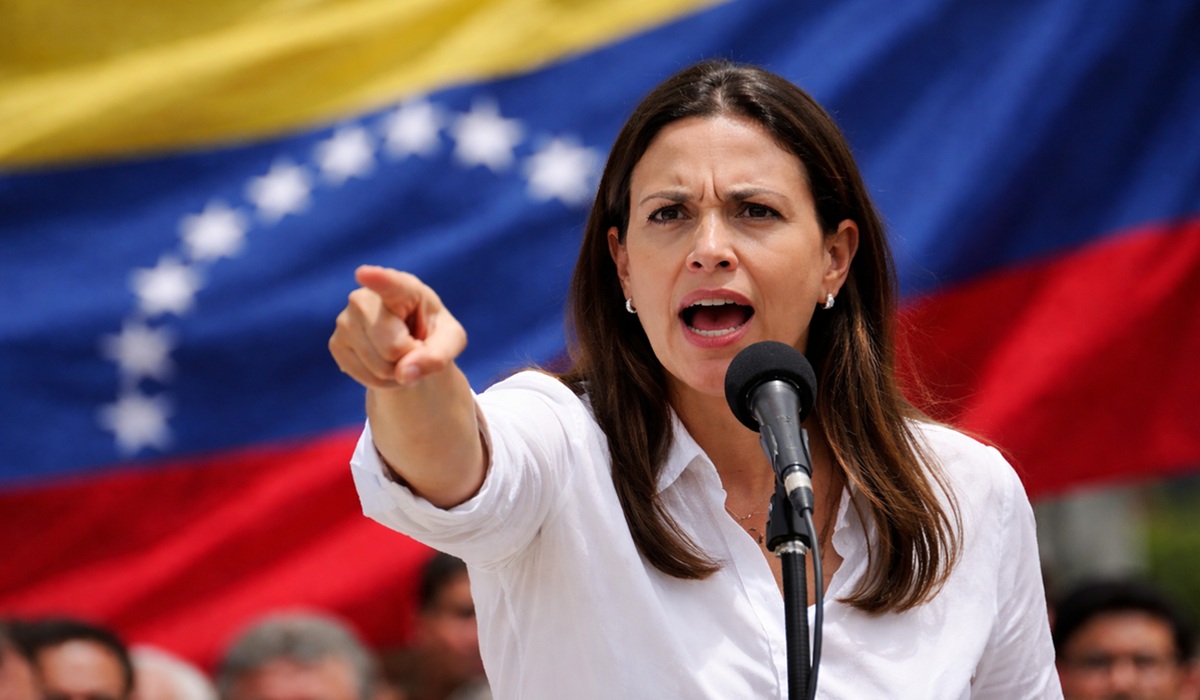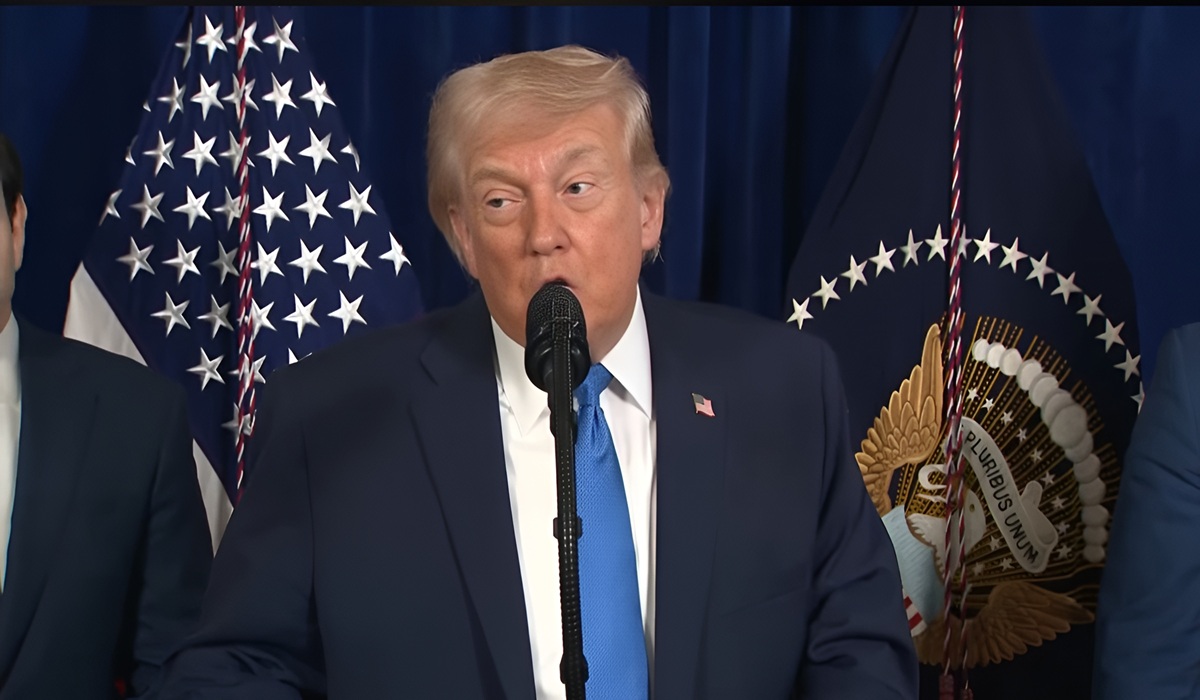Inside China’s Two Sessions: The Role and Impact of the CPPCC in National Decision-Making
- Ingrid Jones
- China
- East Asia
- Trending News
- March 4, 2025

Image Credit, Pexels
China’s top political advisory body, the Chinese People’s Political Consultative Conference (CPPCC), plays a crucial role in shaping national policy through consultation and recommendations. Established in 1949, it brings together representatives from various political parties, organizations, and sectors of society to participate in discussions on state affairs. While it does not have legislative power, it serves as an influential forum for policy input.
Operating at multiple levels, the National Committee serves as the highest body within the system. Its members include representatives from political parties, business leaders, academics, and cultural figures. Though it does not draft laws, it advises on major issues and submits proposals to government authorities. These consultations are an integral part of the broader governance process.
Every March, the advisory body meets alongside the National People’s Congress (NPC) in an event known as the “Two Sessions” or “Lianghui.” Held at the Great Hall of the People in Beijing, these meetings typically last about ten days. Discussions focus on reviewing past progress, debating new policies, and addressing pressing economic, social, and political matters.
The annual sessions cover a wide range of subjects, including economic growth, fiscal policies, employment, healthcare, technological advancements, and foreign relations. This year, particular attention was given to stabilizing the economy, boosting consumption through fiscal measures, and advancing artificial intelligence innovation.
Although the advisory body does not directly create legislation, its role in shaping policy is significant. Recommendations put forward during these sessions often influence national strategies and long-term planning. The feedback provided reflects diverse social and economic interests, helping refine decision-making at the highest levels.
As a platform for consultation and policy discussion, the advisory body ensures a range of perspectives are considered in governance. Its sessions provide insight into national priorities and the direction of future reforms. These discussions not only impact domestic policies but also shape the country’s global economic and diplomatic strategies.
In essence, the annual sessions serve as a key mechanism for refining policies and addressing emerging challenges, reinforcing the advisory body’s role in the nation’s long-term development.








